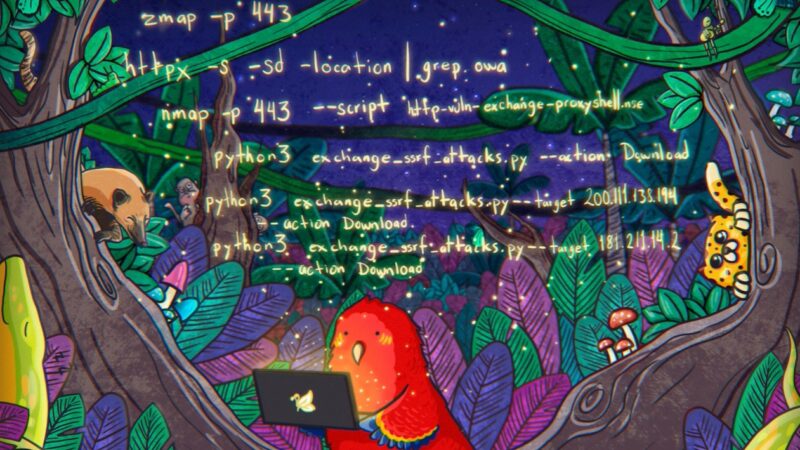Synthetic voices, ChatGPT reflections, and social skirmishes • Graham Cluley

AI-generated voices are weaponised by online trolls, how ChatGPT reflects who we are as a society, and social media is in the firing line again.
All this and much much more is discussed in the latest edition of the “Smashing Security” podcast by computer security veterans Graham Cluley and Carole Theriault, joined this week by The Cyberwire’s Dave Bittner.
Hosts:
Graham Cluley – @gcluley
Carole Theriault – @caroletheriault
Guest:
Dave Bittner – @[email protected]
Episode links:
Sponsored by:
- Bitwarden – Bitwarden vaults are end-to-end encrypted with zero-knowledge encryption, including, the URLs for the websites you have accounts for. Migrate to Bitwarden for a more secure password manager.
- DigiCert – DigiCert’s Trust Lifecycle Manager sets a new bar for unified management of digital trust.
- SecurEnvoy – With growing cyber security threats everyone in your organisation needs multi-factor authentication tailored to their specific access needs and the risk profile of their role. Check out SecurEnvoy’s free guide now.
Support the show:
You can help the podcast by telling your friends and colleagues about “Smashing Security”, and leaving us a review on Apple Podcasts or Podchaser.
Become a supporter via Patreon or Apple Podcasts for ad-free episodes and our early-release feed!
Follow us:
Follow the show on Twitter at @SmashinSecurity, or on Mastodon, on the Smashing Security subreddit, or visit our website for more episodes.
Thanks:
Theme tune: “Vinyl Memories” by Mikael Manvelyan.
Assorted sound effects: AudioBlocks.
Found this article interesting? Follow Graham Cluley on Twitter or Mastodon to read more of the exclusive content we post.






